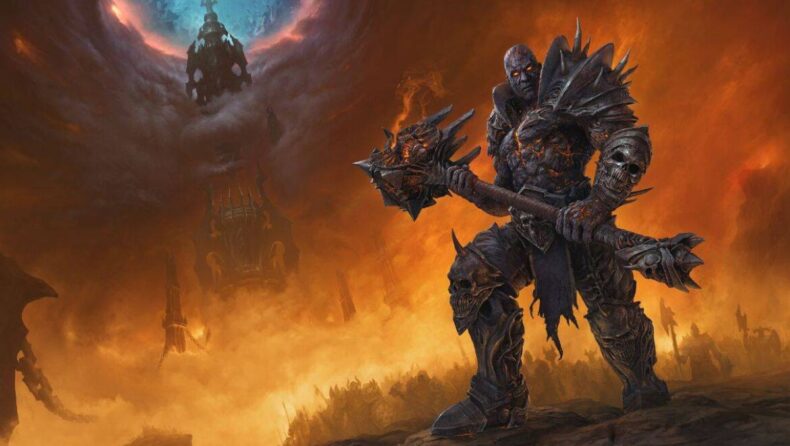It seems that the good old days of boasting about your WoW achievements on Twitter are over. The Twitter Integration feature introduced in Warlords of Draenor has been discontinued due to its loss of relevance over the years, despite being a convenient way to share game progress with friends. Although it was once useful for sharing progress with friends, the Twitter Integration feature lost relevance over time.
Besides, who needs to tweet about their WoW achievements when you can just show them off in-game? So, let’s pour one out for Twitter Integration and move on to more exciting features in the game.
Blizzard’s Logic Behind Removing WoW’s Twitter Integration Feature
Blizzard has recently removed the Twitter Integration feature from its popular game, World of Warcraft, and there are two main reasons behind this decision. Blizzard had to remove the Twitter Integration feature from World of Warcraft due to Twitter’s decision to monetize its APIs, and the feature’s low usage by players, which made it less viable for Blizzard to maintain. While removing a feature may not affect most players, it’s important to communicate the removal and provide alternatives to avoid any disruptions. However, let’s be honest, if you’re only tweeting your WoW gold, no one really cares anyway.
The Controversial Twitter Policy Change
The policy change referred to in this passage is the decision to monetize Twitter’s APIs, which was implemented by Elon Musk after he acquired the site in 2022. Despite the intended purpose of reducing bots and scammers on the site, the policy has not achieved its goal. Instead, it has caused many users to swear off using the site altogether, while the bots continue to thrive.
The acquisition has also caused turmoil behind the scenes, with many employees and directors of the company being laid off, and the loss of advertisers and money from the deal. Monetizing Twitter’s APIs as a means to recoup losses has been met with negative public sentiment and is perceived as a poor decision.
Understanding APIs and Their Impact on Other Applications
API, or Application Programming Interface, allows different applications to communicate and share data with one another remotely. This integration can be seen in the WoW feature where players can access and post tweets from within the game interface without visiting Twitter’s website. However, with Twitter’s API now being monetized, other applications and services that rely on it for functions like login credentials, direct tweeting, and media sharing are also affected. If these services choose not to pay for API use, they may have to remove the integration altogether, which can be a significant setback. While WoW may not be significantly impacted, other apps and games may no longer have the convenience of interfacing with Twitter.
APIs and the Future of Twitter
The WoW mounts and account integration with Twitter may have been lost due to the monetization of Twitter’s APIs, but the consequences go beyond that. Many other sites and programs have lost their access and functionalities as well. Despite this, people are still using the site since it remains the leading social site.
It is now less convenient than before. The only alternatives are to wait for another site to replace Twitter or hope that the company changes its policies.
The future impact of Twitter’s API monetization on the site and its users is uncertain, given the unpopularity of the decision and the unpredictability of the future.
Twitter’s Ability to Adapt and Evolve
Despite predictions of its demise, Twitter remains a popular and influential social media platform due to its ability to adapt and evolve with changing times. The platform has introduced new features like Twitter Spaces and Twitter Fleets, and it has been a crucial platform for news and information dissemination, especially during crises and emergencies.
Although the removal of WoW’s Twitter Integration feature may be disappointing to some users, it’s essential to remember that technology is constantly evolving, and features that were once popular may become obsolete over time.













